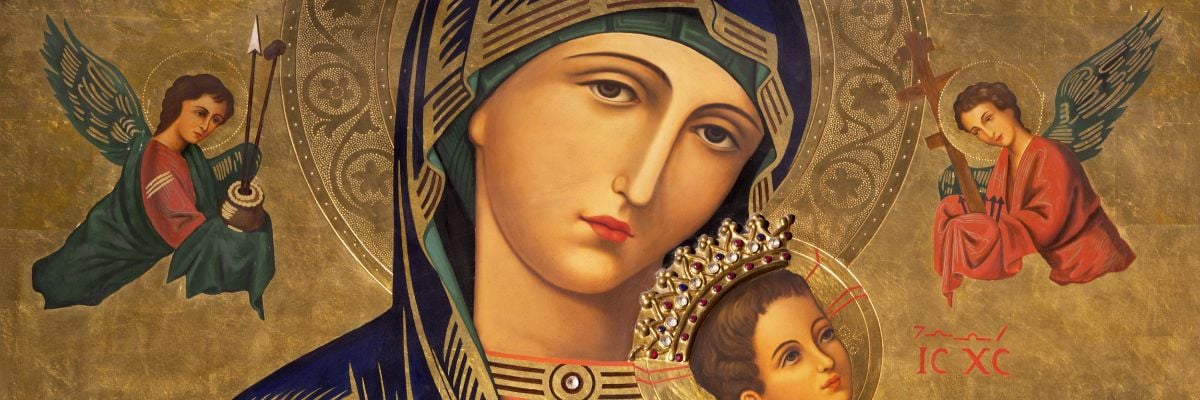Meriweather
Not all who wander are lost
- Oct 21, 2014
- 17,910
- 3,716
Catholics believe the living Body of Christ (Church) is made up of both the living and those who have passed on. As such, we feel as free to ask Mary, the Saints, and our loved ones who have passed on to join us in prayer with the same freedom we ask those who are living to join us in prayer. Have you never asked anyone to pray for you, or to join you in prayer?Do you PRAY to Mary?

